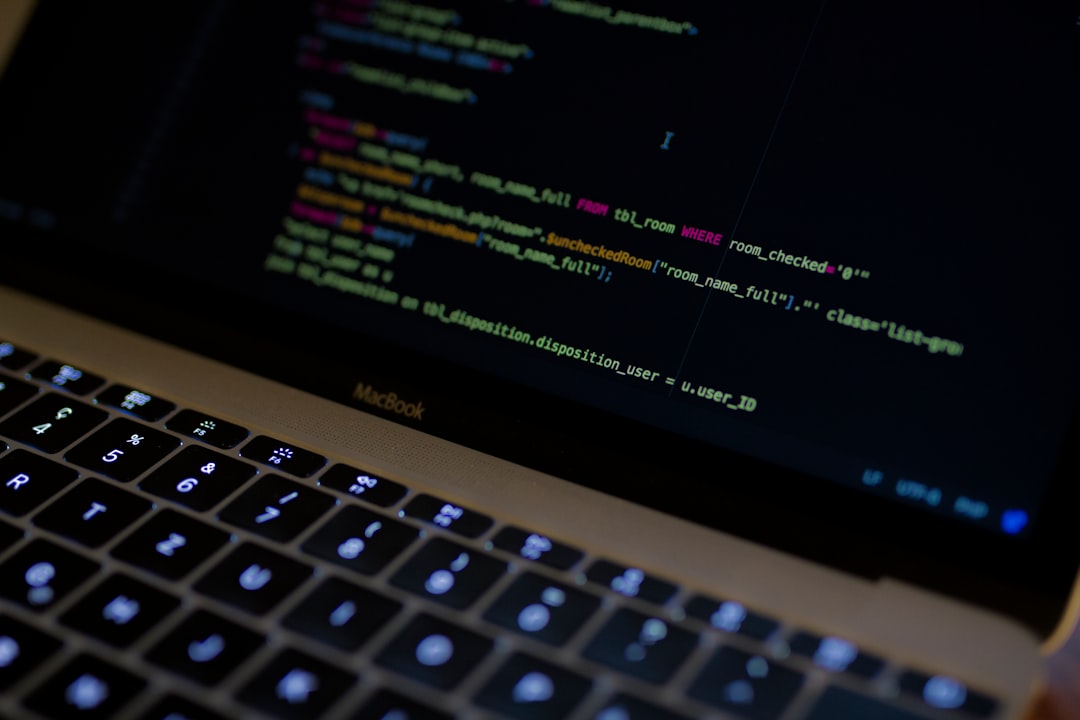What is it about?
Librarians can promote civic engagement and social justice at the reference desk by modeling an ideally inclusive public dialog. An example of threats to Bears Ears National Monument, a Native American sacred site in Utah, demonstrates practical ways to follow an information trail generated by a controversy in public land use planning.
Featured Image

Photo by Emily Campbell on Unsplash
Why is it important?
Librarians are trained to answer reference questions from a standpoint of objectivity and neutrality. However, Critical Information Theory says this can result in false neutrality, particularly in situations with a large political power imbalance. In order to help patrons engage with civic dialog, librarians need to develop skills using non-standard, materials such as government publications and politically biased "grey literature" from stakeholder and activist groups. By modeling research strategies on an idealized inclusive civic process , librarians can promote empowerment for marginalized groups.
Perspectives
My work focuses on how to help people make connections between government regulations and policies and why things are the way they are. It is most gratifying when library patrons come back to tell me how they wrote a letter, called a politician, joined a citizen group or took other actions to work on issues they care about.
Amy Brunvand
University of Utah
Read the Original
This page is a summary of: Researching Bears Ears: reference practice for civic engagement, Reference Services Review, February 2020, Emerald,
DOI: 10.1108/rsr-09-2019-0061.
You can read the full text:
Contributors
The following have contributed to this page










